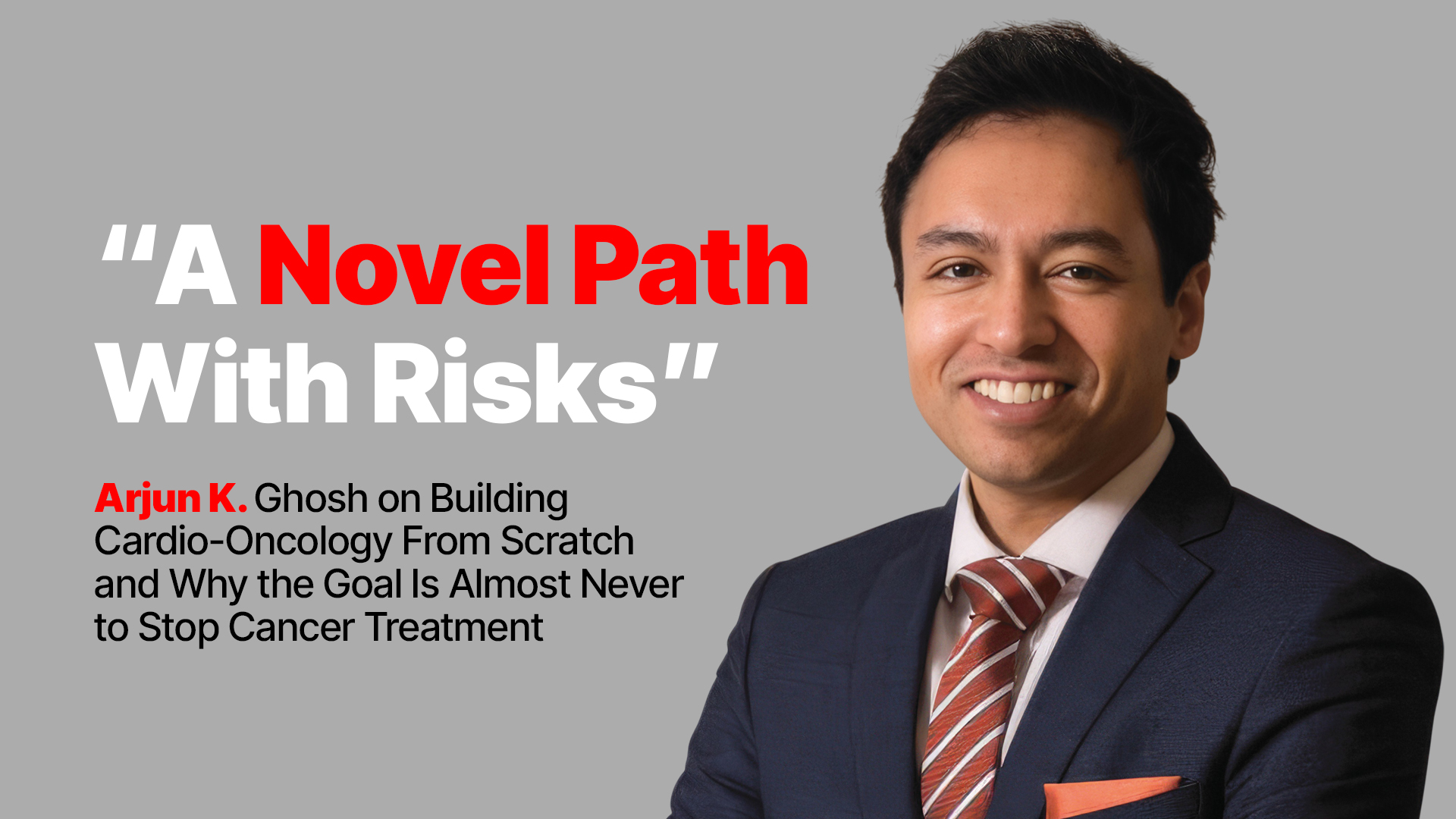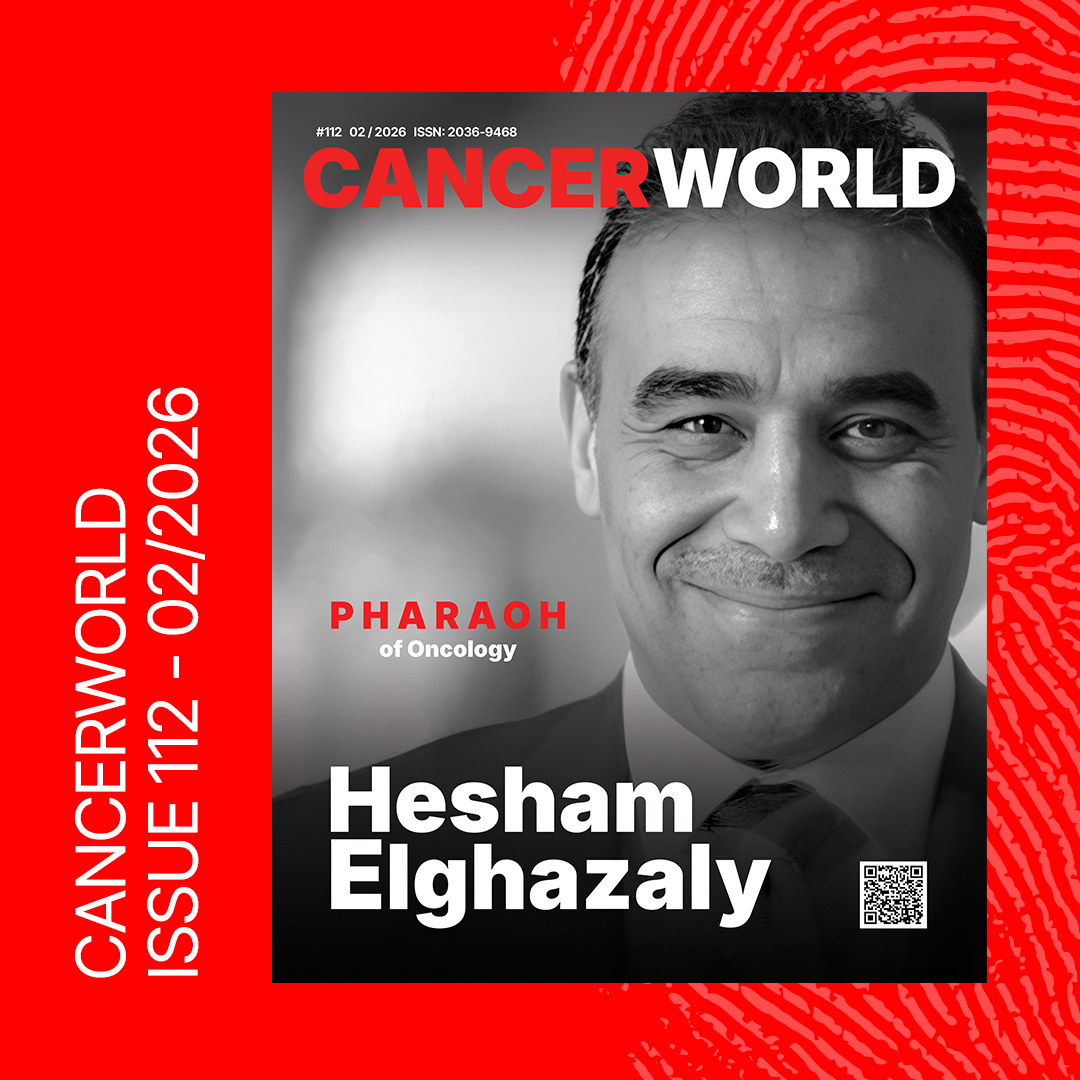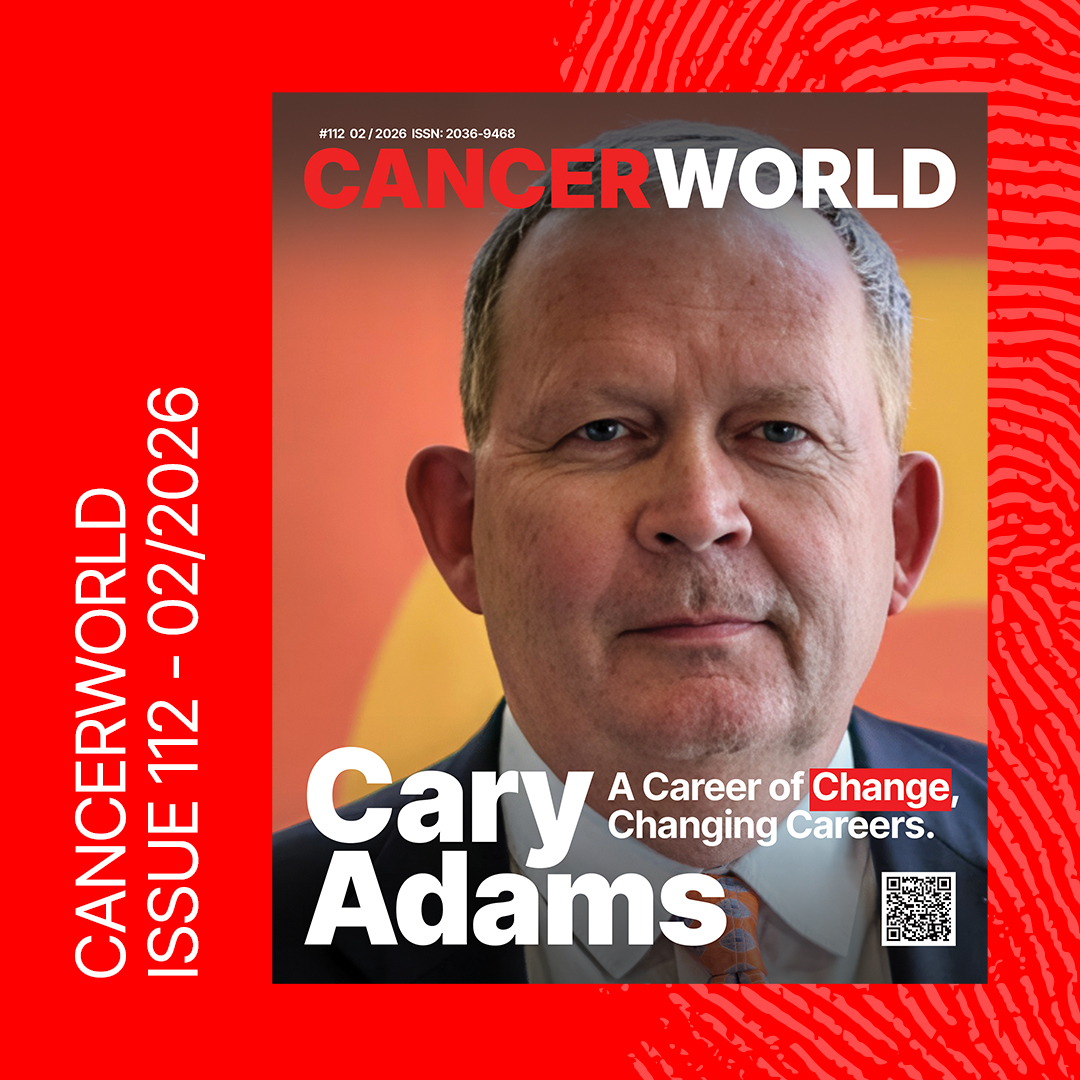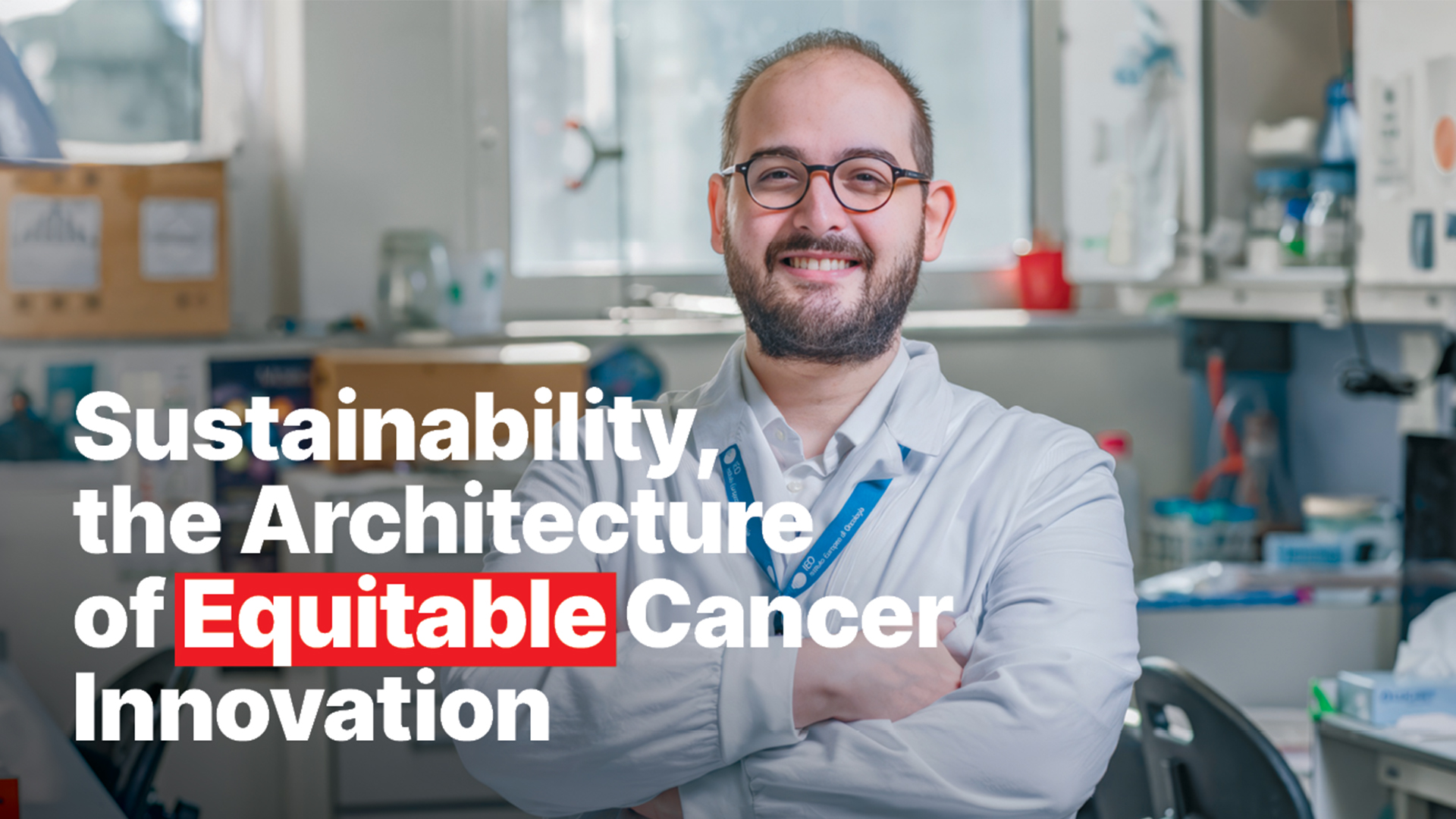Articles
“United by Unique” – Does it Really Make a Difference, or is it Just a Cliché?
“Nobody realizes that some people expend tremendous energy merely to be normal.”— Albert Camus People at the Centre of Care “United by Unique” is the World Cancer Day theme for 2025–2027. This year, the focus is on placing people at the…
Making Sense of a Decade of Progress in Advanced Breast Cancer: ABC8, Lisbon 2025
The 8th ABC International Consensus Conference (ABC8), Lisbon 2025 Over the past decade, the landscape of advanced breast cancer has changed more rapidly than at any time since systemic therapy became standard. New drug classes, more refined biomarkers, and increasingly…
Europe’s National Cancer Mission Hubs: From a Vision to Sustainable Infrastructures
European cancer policy has entered a decisive phase. After years of strategy-building, consultation, and pilot projects, the question facing policymakers is no longer whether Europe has the right ambitions, but whether it can turn those ambitions into sustainable systems that…
The European Semester on Health: Why CPE is Calling for Action on Cancer Inequalities
Across the EU, cancer inequalities are stark along the entire care pathway – prevention, screening and early detection, diagnosis and treatment, and survivorship care. HPV vaccination rates remain far below the 90% target in most countries; colorectal cancer screening ranges…
“A Novel Path With Risks”
Arjun K. Ghosh on Building Cardio-Oncology From Scratch and Why the Goal Is Almost Never to Stop Cancer Treatment Professor Arjun K. Ghosh A cappuccino sits within reach as Professor Arjun K. Ghosh talks—a coffee that keeps pace with a…
“The Path Forward is Clear”
Interview with Olivér Várhelyi, EU Commissioner for Health and Animal Welfare Image Credits: European Union 2025 - Source: European Parliament Cancer remains one of Europe’s most significant public health challenges, with incidence rising and inequalities in prevention, diagnosis, and care…
Hesham Elghazaly: Pharaoh of Oncology
When he enters the bazaar, people stand up… They stop. They smile. They love him. This kind of love has nothing to do with titles, resources, or power. It is something far rarer. It is the quiet admiration of ordinary…
Cary Adams: A Career of Change, Changing Careers.
He is passionate about the mission of UICC. *** When Cary Adams tells the story of how his career began, it doesn’t start with a calling in oncology. It starts with a teenage conversation about what might matter in the…
Gentle with People. Precise with Cancer.
Each evening, after a day leading one of Italy’s busiest radiotherapy departments, Prof. Andrea Filippi, Head of the Radiation Oncology Unit at the Istituto Nazionale dei Tumori in Milan, and the Associate Professor of Radiation Oncology in the Department of…
Sustainability, the Architecture of Equitable Cancer Innovation
In oncology today, innovation advances at a breathtaking pace, yet the capacity to deliver it to all who need it lags behind. Each new therapeutic frontier exposes the same paradox: the deeper our biological insight becomes, the wider the gulf…










